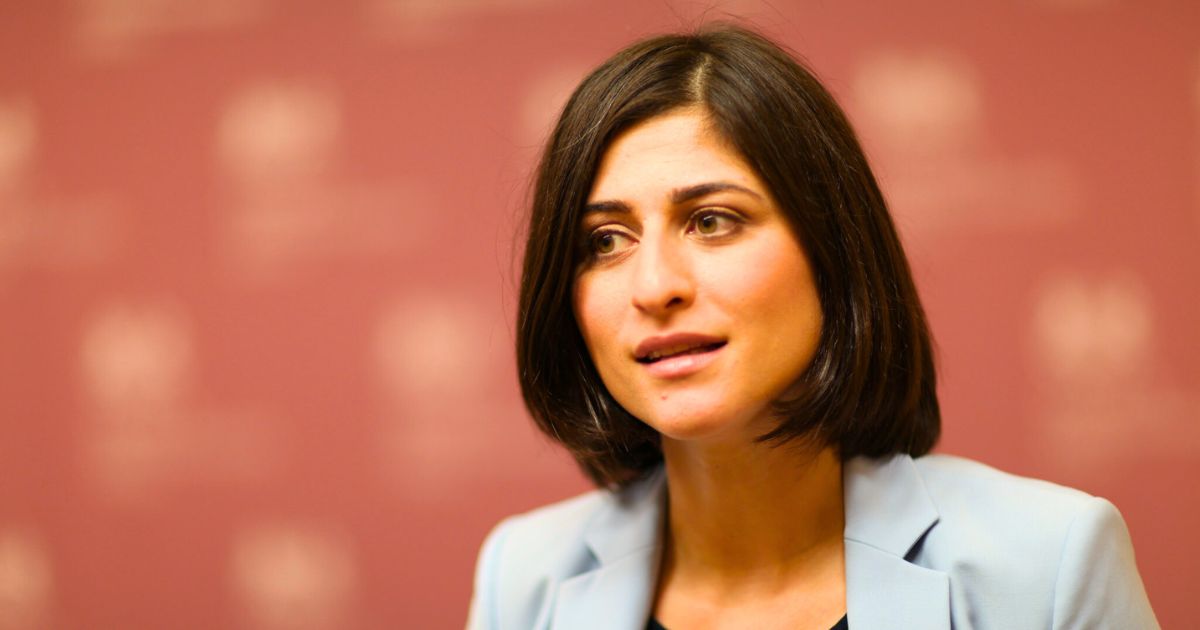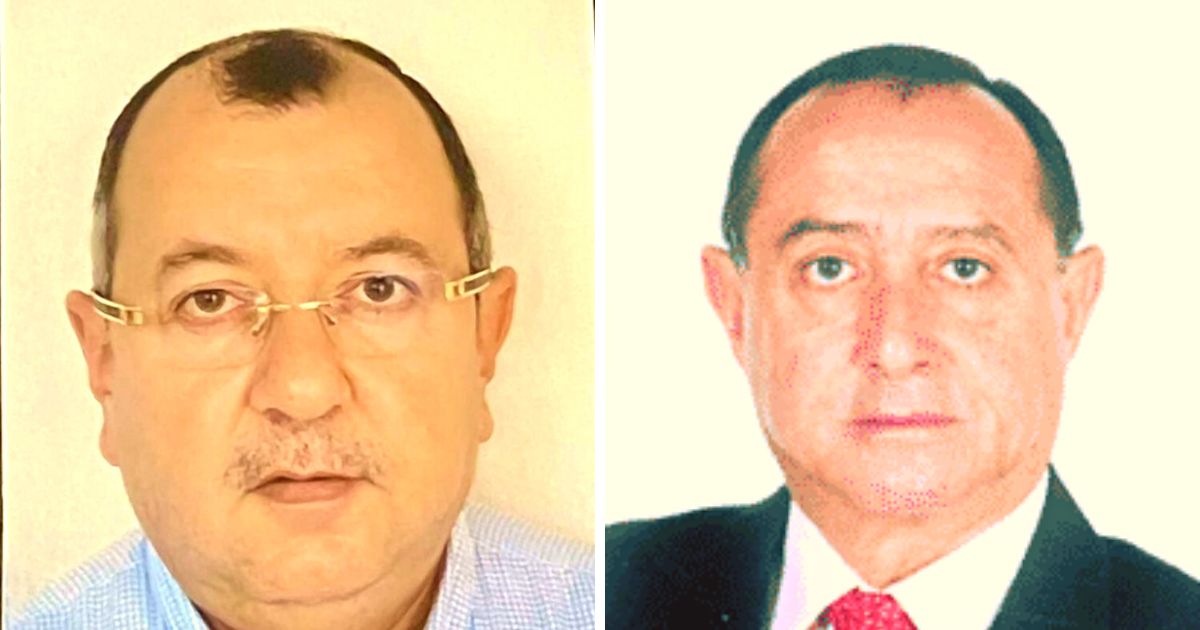Yet another brilliant scholar of Lebanese descent, Sir Peter Brian Medawar was a Brazilian-born Lebanese biologist, whose work on graft rejection and the discovery of acquired immune tolerance was fundamental to the practice of tissue and organ transplants.
For his works in immunology, he is regarded as the “father of transplantation” and is also remembered for his wit both in person and in popular writings. Famous zoologists such as Richard Dawkins referred to him as “the wittiest of all scientific writers” and Stephen Jay Gould named him “the cleverest man I have ever known.”
Medawar was born in Petrópolis, a town 40 miles north of Rio de Janeiro, Brazil, where his parents were living. He was the second child of Lebanese Nicholas Agnatius Medawar, born in the town of Jounieh, north of Beirut, and British mother Edith Muriel.
His father, a Christian Maronite, became a naturalized British citizen and worked for a British dental supplies manufacturer that sent him to Brazil as an agent.
Medawar left Brazil with his family for England “towards the end of the war” and he lived there for the rest of his life. Peter was also a Brazilian citizen by Brazilian nationality law (Jus Soli – Law of the Soil), but he renounced his citizenship to avoid military conscription required of Brazilian men.
In 1928, Medawar went to Marlborough College in Wiltshire. He hated the college because “they were critical and querulous at the same time, wondering what kind of person a Lebanese was—something foreign you can be sure,” as he said, and also because of the college’s preference for sports, in which he was weak.
 Via National Portraits Gallery
Via National Portraits Gallery
In 1932, he went on to Magdalen College, Oxford, graduating with a first-class honors degree in zoology in 1935. He was impressed, and later influenced, by his zoology teacher John Z. Young who was also taught and inspired by one of his Marlborough teachers, who was barely literate but “a very, very good biology teacher.”
Medawar was appointed Christopher Welch Scholar and Senior Demy of Magdalen in 1935. He also worked at the Sir William Dunn School of Pathology under the supervision of Howard Florey and was awarded his Ph.D. in 1941.
Following his Ph.D., Medawar was appointed a Rolleston Prizeman in 1942, Senior Research Fellow of St John’s College, Oxford, in 1944, and a university demonstrator in zoology and comparative anatomy, also in 1944.
He was elected Fellow of Magdalen by special election from 1938 to 1944 and 1946 to 1947. His Doctorate of Philosophy thesis was approved, but the prohibitive cost of supplication meant he spent the money on his urgent appendectomy instead. The University of Oxford later awarded him a Doctor of Science degree in 1947.
Medawar was Mason Professor of Zoology at the University of Birmingham between 1947 and 1951. He became Jodrell Professor of Zoology and Comparative Anatomy at University College London in 1951.
In 1962, he was appointed Director of the National Institute for Medical Research. He was head of the transplantation section of the Medical Research Council’s clinical research center, Harrow, from 1971 to 1986.
He became a professor of Experimental Medicine at the Royal Institution (1977–1983), and president of the Royal Postgraduate Medical School (1981–1987).
With Frank Macfarlane Burnet, he shared the 1960 Nobel Prize in Physiology or Medicine “for the discovery of acquired immunological tolerance.” The British government conferred him a CBE in 1958, knighted him in 1965, and appointed him to the Order of the Companions of Honour in 1972, and Order of Merit in 1981.
He subsequently went on to receive the Royal Medal in 1959 by the Royal Society and was elected the same year foreign member of the American Academy of Arts and Sciences. In 1961, he received an Honorary Doctor of Science Degree by the University of Birmingham and was elected member of the American Philosophical Society that same year.
In 1965, he was elected member of the US National Academy of Sciences, received the Copley Medal in 1969 by the Royal Society, and went on to be elected also a member of the American Society of Immunologists in 1971. In 1985, UNESCO awarded him the Kalinga Prize for the Popularization of Science.
Medawar even has two awards named after him:
- Wilkins-Bernal-Medawar Medal: awarded by the Royal Society for excellence in a subject relating to the history of science, philosophy of science or the social function of science, in memory of John Wilkins, John Desmond Bernal, and Peter Medawar. The winner delivers the Wilkins-Bernal-Medawar Lecture.
- Medawar Medal: awarded by the British Transplant Society in recognition of significant research in organ transplantation.
Medawar married Jean Shinglewood Taylor on 27 February 1937. They had two sons, Charles and Alexander, and two daughters, Caroline and Louise. Medawar passed away in October 1987 at the age of 72 in London, England.
In 2018, the name of Peter Medawar appeared on the list of potential candidates to be nominated by the public as the next person to appear on the new £50 note. The Bank of England’s term for the nomination was that the nominee is a scientist who is deceased.
























